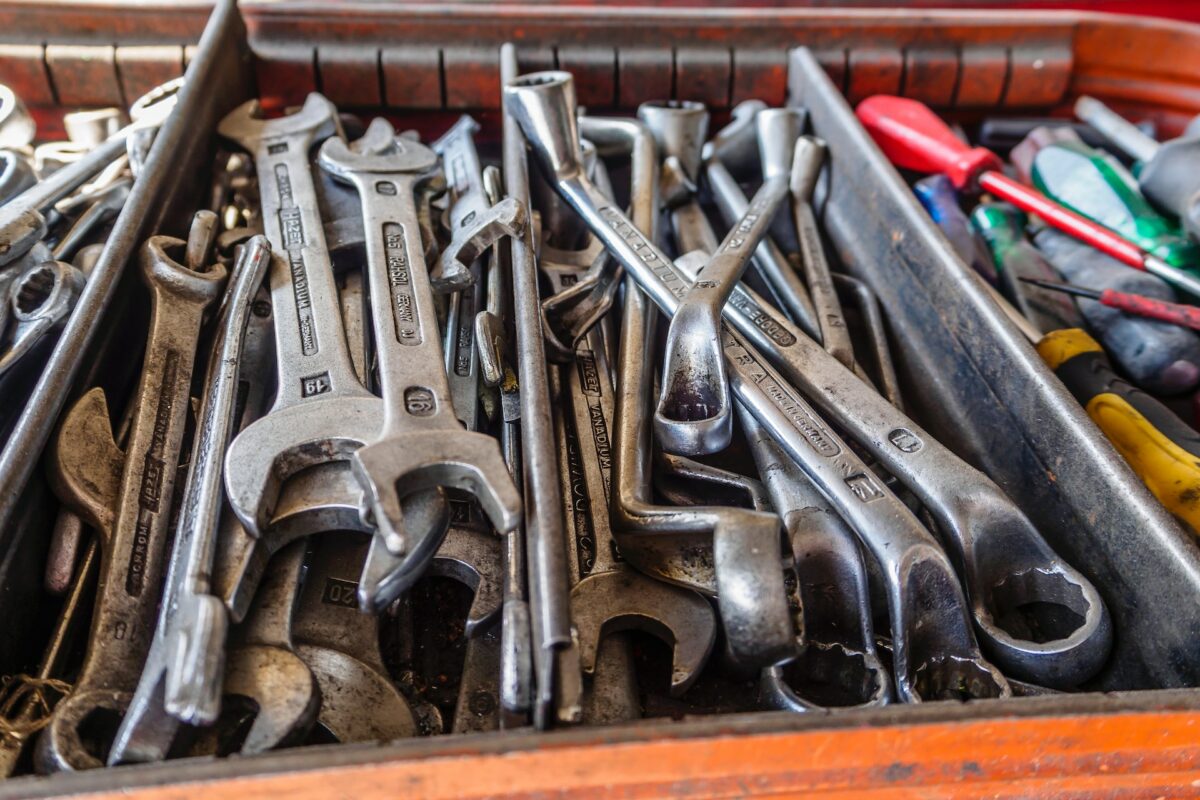When your car breaks down, finding a reliable and skilled mechanic is essential. A good mechanic can not only fix your vehicle but can also provide advice that ensures its longevity and performance. But what makes a mechanic truly stand out? While technical skills are critical, the qualities of a good mechanic extend far beyond their knowledge of engines and repairs. Here are some of the most important traits to look for in a skilled car mechanic.
1. Technical Expertise and Experience
At the heart of being a good mechanic is a solid understanding of car mechanics. A professional mechanic should have a thorough knowledge of how cars operate, including the ability to diagnose complex issues and perform repairs efficiently. This expertise is typically gained through education and hands-on experience.
Mechanics often complete formal training, such as automotive technology programs, apprenticeships, or certifications from recognized organizations like ASE (Automotive Service Excellence). Certification ensures that the mechanic has met specific skill standards and is well-versed in the latest technological advancements in the automotive industry.
Experience plays a huge role in building technical competence. A mechanic with years of experience is likely to have worked on a wide variety of vehicles and repair issues, enabling them to handle different car makes, models, and complexities with confidence.
2. Attention to Detail
One of the key qualities that separates an average mechanic from a great one is attention to detail. Car problems often arise from the smallest of issues that may go unnoticed by a less experienced eye. A good mechanic will carefully examine your vehicle, look beyond the obvious, and identify potential problems before they become bigger, costlier repairs.
Attention to detail is particularly crucial when performing routine maintenance, such as oil changes, brake checks, or tire rotations. Overlooking minor issues can result in the need for more extensive repairs down the line. A great mechanic doesn’t just fix what’s broken—they ensure that every aspect of the vehicle is functioning properly.
3. Strong Problem-Solving Skills
Car repairs are rarely simple. Often, diagnosing the root cause of a problem requires more than just fixing an obvious issue. A good mechanic must be an excellent problem solver, capable of identifying the underlying issue after considering all possible factors. For example, if your car is experiencing an intermittent engine issue, a great mechanic will methodically test different components to rule out potential causes until they pinpoint the exact problem.
Problem-solving skills also require creativity and adaptability. Mechanics need to think outside the box, especially when dealing with older models or uncommon issues that may not have straightforward solutions.
4. Good Communication Skills
Communication is another vital trait of a good mechanic. Your mechanic should be able to explain the issue with your car in clear, understandable terms, rather than relying on technical jargon that might confuse you. Additionally, they should be open to answering your questions and giving you realistic expectations about the repair process.
Good communication goes both ways—mechanics should listen to their customers. Often, car owners will notice symptoms of a problem, such as unusual noises or performance issues, and it’s important that the mechanic carefully listens to these observations to diagnose the issue effectively. Mechanics should ask probing questions to understand the problem more clearly and avoid miscommunication.
5. Honesty and Integrity
When it comes to car repairs, trust is paramount. A good mechanic is honest about the work that needs to be done and provides transparent pricing for their services. They will never push unnecessary repairs or services just to increase their earnings. If a mechanic identifies an issue but believes it can wait for a while before being fixed, they will let you know and provide a timeline for when it should be addressed. For example, if you’re looking for a reliable Gold Coast mechanic, you should expect them to offer honest advice and only recommend repairs that are truly needed. Honesty also extends to the estimate they provide before performing repairs. A reputable mechanic will give you a fair, upfront price, and will seek your approval before doing any work. If you ever feel like you’re being taken advantage of, it may be a red flag that you need to look for a different mechanic.
6. Patience and Customer-Focused Approach
Patience is a virtue, especially for mechanics who deal with customers who may not fully understand the intricacies of their vehicle’s issues. A good mechanic will be patient with you and take the time to answer your questions without making you feel rushed or uninformed. They recognize that car repairs can be stressful, and they aim to make the experience as smooth as possible.
A customer-focused mechanic goes above and beyond to ensure that you are satisfied with the repair process. They’ll keep you informed throughout the repair, updating you on progress, costs, and any changes that may arise. They’ll also follow up after repairs to make sure everything is running smoothly.
7. Work Ethic and Reliability
A strong work ethic is essential for a good mechanic. They should be dependable, showing up on time and completing repairs as promised. Whether it’s a major overhaul or a minor fix, a mechanic who consistently meets deadlines demonstrates professionalism and reliability.
Reliability also means being available when you need them most. It’s not uncommon for car issues to arise unexpectedly, and a good mechanic should be able to accommodate urgent situations. Some even offer emergency services, ensuring that their customers are never stranded.
8. Continual Learning and Adaptability
The automotive industry is constantly evolving, with new technologies and systems being introduced regularly. A good mechanic recognizes the importance of continual learning to stay up-to-date with the latest advancements. They may attend workshops, read technical manuals, or take online courses to keep their skills sharp and relevant.
Adaptability is also crucial. With the rise of electric vehicles (EVs) and hybrid cars, mechanics must be able to work with both traditional gas-powered engines and the new electric or hybrid systems. A good mechanic embraces change and keeps evolving to meet the demands of the industry.
9. Cleanliness and Organization
While it may seem minor, cleanliness and organization are important traits in a good mechanic. A tidy workspace often reflects a methodical approach to the job. Mechanics should be able to find tools and parts quickly and keep their work area free of clutter, which reduces the chances of errors or losing essential components.
Additionally, a mechanic who maintains a clean car while performing repairs demonstrates a respect for the customer’s property. They will make sure to clean up after the job is complete, leaving your vehicle looking as good as it did before the repair.
Conclusion
Choosing a good car mechanic can make all the difference in ensuring your vehicle is repaired and maintained properly. While technical expertise is fundamental, qualities such as attention to detail, honesty, communication skills, and a strong work ethic also play a huge role in identifying a mechanic you can trust. Whether it’s for routine maintenance or more serious repairs, these traits are what set the best mechanics apart and ensure that your car gets the care it deserves.














